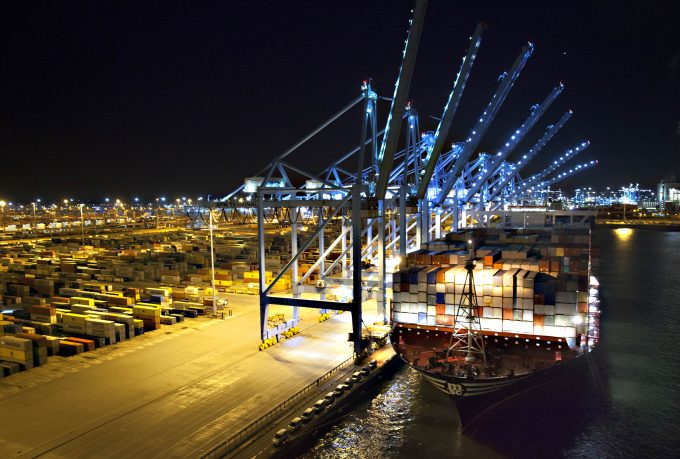Cocaine seizures nearly halve at Rotterdam – smugglers finding new ways?
Stepped-up law enforcement in north European ports appears to be having an effect, with Dutch ...

With the roll-out of its digital shipping app, Pronto, Rotterdam is looking to streamline processes and get ports talking to one another.
The port has announced the formation of a new company, PortXchange, to make Pronto available to ports around the world over the “next few years”.
Via PortXchange, the port authority hopes to create strategic partnerships with other ports as well as shipping companies and terminals.
A source told The Loadstar one core benefit of the new software would be the removal of ...
'Disastrous' DSV-Schenker merger would 'disrupt European haulage market'
'Chaos after chaos' coming from de minimis changes and more tariffs
List of blanked transpac sailings grows as trade war heats up and demand cools
Shippers in Asia restart ocean shipment bookings – but not from China
Forto 'sharpens commercial priorities' as it lays off one-third of staff
India withdraws access for Bangladesh transhipments, in 'very harmful' decision
'Tariff hell' leaves industries in limbo – 'not a great environment to plan'
Asian exporters scramble for ships and boxes to beat 90-day tariff pause
Temporary tariff relief brings on early transpacific peak season
Pre-tariff rush of goods from US to China sees air rates soar, but not for long
De minimis-induced ecommerce demand slump could cripple freighter operators
Forwarders 'allowing the fox into the chicken run' by supporting 'hungry' carriers
Hapag 'took the bigger risk' when it signed up to Gemini, says Maersk
'Restoring America's maritime dominance' – stop laughing at the back of the class
Navigating tariffs: 'like trying to solve a Rubik's cube while colour-blind'

Comment on this article